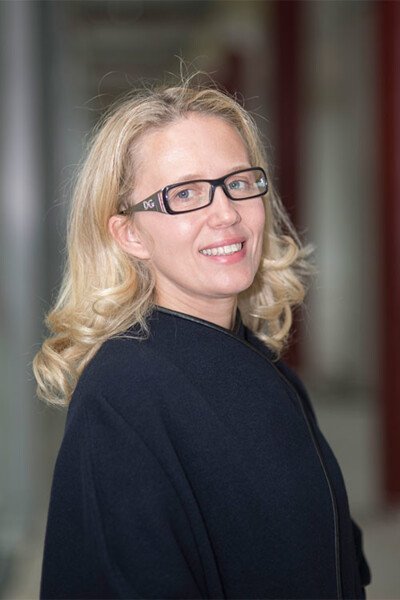Seeking simple methods for the early detection of periodontitis
Nagihan Bostanci builds three-dimensional model of gums in order to understand how mild gum inflammation can advance to periodontitis (tooth loss). She hopes that her research will help to bring about new, improved diagnostic and prognostic methods.
Nagihan Bostanci
Professor of Inflammation Research, specialising in Periodontics at the Department of Dental Medicine

Nagihan Bostanci researches the causes of gum inflammation and why it can advance. The milder form of gum inflammation, gingivitis, improves with oral hygiene, but if left untreated can become chronic and lead to periodontitis.
“Inflammation is the body’s way of defending itself against bacteria, but if the inflammation is prolonged it can become harmful instead of beneficial,” says Professor Bostanci. “It then becomes the motor driving the disease. My research is about understanding this transition better.”
Professor Bostanci examines the severe form of gum inflammation, periodontitis, in experiments where she has cultivated human cells in three-dimensional models of gums.
“The models which we’ve developed enable us to study in detail the encounter of the host with the responsible oral bacteria, how the inflammation establishes and progresses, and which proteins are involved” she says. “New proteomic methods help us analyse the results.”
Early diagnosis and prognosis
Professor Bostanci hopes that her research will lead to new biomarkers for early diagnosis and prognosis of periodontal disease.
“Periodontitis develops slowly and silently. I would like my work to contribute to simple methods of early detection and possibly prevention.”
Another theme that interests Professor Bostanci is the importance of oral health for a person’s general health, where she considers that periodontal inflammation is a possible link.
“I will be keen to follow this line of research at KI as there are ample opportunities to collaborate across disciplines” she says.
Text: Anders Nilsson, first published in the booklet "From Cell to Society 2016".
